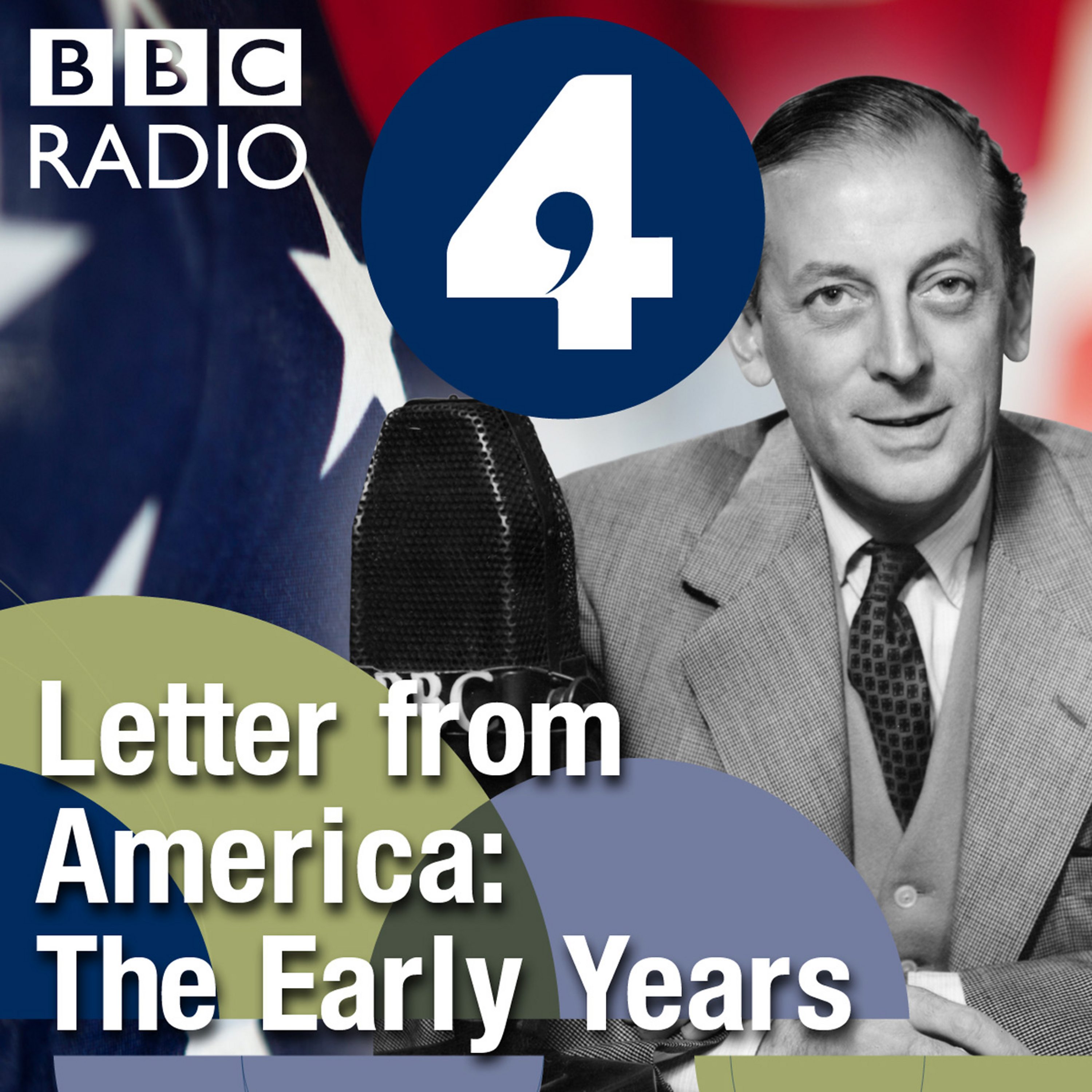Episodes
An eyewitness account of the assassination of Bobby Kennedy on June 5, 1968 in Los Angeles, and the collective-guilt aftermath for America.
Published 06/09/68
The national mood begins to change over the Vietnam war - how America began to move from early indifference to the recognition of a nightmare.
Published 03/24/68
Senator Jacob Javits' parking fine, Mayor Lindsay and the water commissioner, and a President Truman Christmas story.
Published 12/24/67
Democracy demonstrated - how the President of the United States had to make way for Mr Meyer Sugarman's wedding night.
Published 08/21/66
The Watts riots in Los Angeles - were they an uprising by black Americans angry at their treatment or simply criminally motivated looting and violence?
Published 08/22/65
How the debacle of the Cassius Clay–Sonny Liston boxing prize fight tarnished one of the elements of American culture - sportsmanship
Published 05/30/65
President Lyndon B Johnson's inauguration for his own full first term, and some earlier notable inaugurations, including Washington and Jefferson's.
Published 01/17/65
The assassination of John F Kennedy, the first president of the television age, and the style, grace and fun he brought to the White House.
Published 11/24/63
How New York construction was brought to a halt by the Electrician's Union strike, and why the computer or 'the big brain' will soon change how people work.
Published 01/21/62
Alistair Cooke remembers Lindsay Wellington, the BBC head who came up with the idea of weekly letters to help people in the UK understand American life in 1946.
Published 09/08/57
A tribute to American Pianist William Kappell, the best pianist of his generation, and what music means to Americans.
Published 11/05/53
How a new daily diet of television in America is changing people's lives, as reported by Alistair Cooke.
Published 01/19/51
A fragment preserved from Cooke's talk, reflecting on the importance of democratic capitalism and a free economy to Americans.
Published 01/12/47


